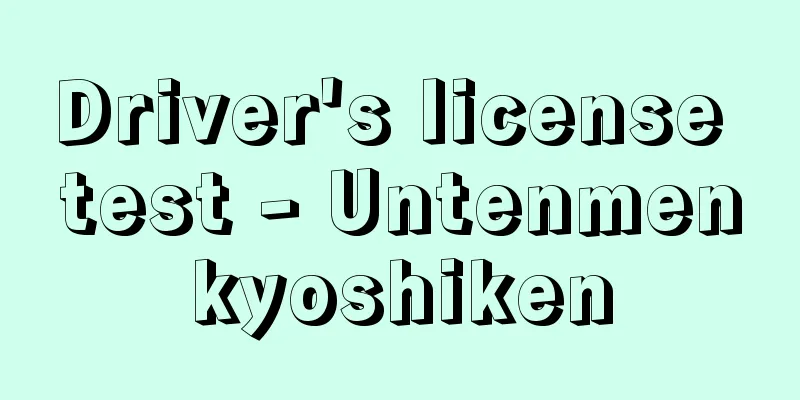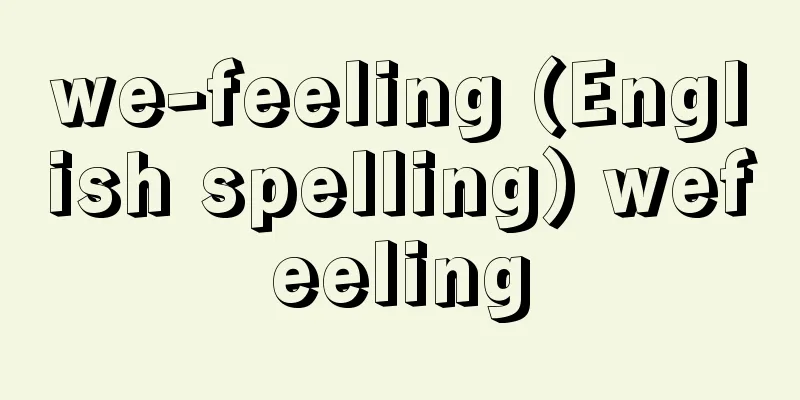The right to education

|
The Constitution of Japan stipulates that "All people shall have the right to receive an equal education according to their ability, as provided for by law" (Article 26, Clause 1), guaranteeing the people the right to an education. The state is obligated to take the necessary legislative and administrative measures to ensure that all people can receive an equal education according to their ability, regardless of economic wealth. This is the so-called guarantee of "equal opportunity" in education. For this purpose, the education system was improved through the establishment of the School Education Law, the Social Education Law, the Private School Law, etc. based on the Fundamental Law of Education, and scholarship systems for the economically disadvantaged were established through the Japan Scholarship Foundation Law and other laws. Furthermore, the Constitution stipulates that "All citizens shall have the obligation to have their children under their care receive an ordinary education as provided by law. Compulsory education shall be free" (Article 26, paragraph 2), and in order to realize this right, it is imposed on citizens to have their children educated. This is to improve the educational level of the people so that each citizen can live a healthy and cultured life, and to ensure that a democratic society is maintained with sound abilities. Furthermore, it is to foster sovereigns of a nation that is "peaceful, democratic, and cultured," as the Constitution aims. The Universal Declaration of Human Rights of 1948 stipulates that "everyone shall have the right to education" (Article 26, paragraph 1, first part), and the constitutions of countries around the world after World War II stipulate the same "right to education" as mentioned above. [Kenichi Nagai] "The Constitution and the Fundamental Right of Education" by Kenichi Nagai (1970, Keiso Shobo) [Reference] |Source: Shogakukan Encyclopedia Nipponica About Encyclopedia Nipponica Information | Legend |
|
日本国憲法は「すべての国民は、法律の定めるところにより、その能力に応じて、ひとしく教育を受ける権利を有する」(26条1項)と規定し、国民に教育を受ける権利を保障する。すべての国民がその能力に応じて、経済的な貧富の別なく、等しく教育を受けることができるように、国は、立法および行政において必要な施策を行わなければならないことを義務づけられる、いわゆる教育の「機会均等」の保障である。 そのために教育基本法に基づく学校教育法、社会教育法、私立学校法などを設けて教育制度を整備し、また日本育英会法などによる経済的困窮者に対する育英奨学制度が設けられるようになった。さらに憲法は「すべての国民は、法律の定めるところにより、その保護する子女に普通教育を受けさせる義務を負ふ。義務教育は、これを無償とする」(26条2項)と規定し、この権利を実現させるために、保護すべき子女に教育を受けさせることを国民の義務として課している。それは、国民の教育レベルを向上させて国民の一人一人に健康で文化的な生活を営ましめるためであり、民主的な社会を健全な能力により保持せしめようとするためである。さらに憲法の目ざす「平和で民主的で文化的」な国家の主権者を育成するためである。なお1948年の世界人権宣言は「すべての人は、教育を受ける権利を有する」(26条1項前段)と規定し、第二次世界大戦後の世界各国の憲法には、前述と同様の「教育を受ける権利」が規定されている。 [永井憲一] 『永井憲一著『憲法と教育基本権』(1970・勁草書房)』 [参照項目] |出典 小学館 日本大百科全書(ニッポニカ)日本大百科全書(ニッポニカ)について 情報 | 凡例 |
>>: "Educational Theory" - Kyoikuron
Recommend
Oginoyama - Oginosen
A mountain located in the northeastern part of To...
Aichinger, I.
…Born near Frankfurt an der Oder, he studied law ...
Lake Champlain
Lake Vermont is located in the northeastern United...
Mesophytic era
…However, the great changes in the plant kingdom ...
Kauchuk - Kauchuk
…They are broadly divided into rubber erasers and...
Gulf of Venezuela - Golfo de Venezuela
A small bay in northwestern Venezuela, at the nor...
van Aelst, P. (English spelling)
... In the 16th century, tapestries also adopted ...
Amu Dar'ya River
A river in Central Asia. It originates from the gl...
yaylak
...After the end of the 16th century, some of the...
Ihei Muraoka - Ihei Muraoka
Year of death: 1943 (Showa 18) Year of birth: Octo...
Songs of the past - Arishihi no Uta
Nakahara Chuya's second collection of poems. P...
Trematoda
…General term for animals belonging to the Tremat...
Technical information
...At the beginning of the 20th century, Saussure...
Peace Treaty of Altmark - Altmark's Treaty
…King of Sweden. Reigned 1611-32. Also called Gus...
Pertinax
126‐193 Roman Emperor. Reigned 193. Born the son o...
![Agawa [village] - Agawa](/upload/images/67cad13636705.webp)








